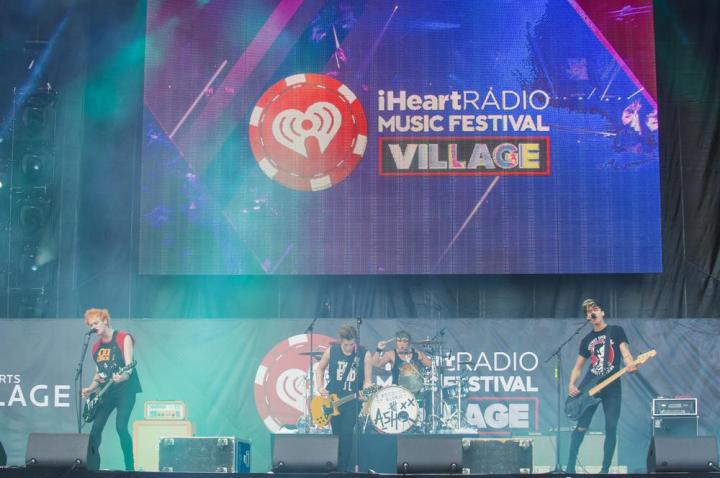
When you think of payola, the illegal practice of payment for airing a song on the radio, you usually think of sleazy record promoters paying DJs for song placement in pop radio’s earlier days. While overt payola may be a thing of the past, a new proposal seeks to change radio’s current requirements to identify paid programming on-air before running sponsored content.
A new petition from a group of radio broadcasters, including iHeartMedia (formerly Clear Channel), Cox, Emmis Communications, and Entercom want to waive the current payola safeguards that require stations to announce when content has been bought and paid for by promoters. They argue that putting these disclosures online would be a more thorough and convenient solution.
According to the New York Times, the broadcasters said the proposed changes “would result in listeners’ having access to more information in a user-friendly and satisfying way.” The FCC announced this petition to the public earlier this month and will accept public comments on it through April 13.
For the hundreds of millions of monthly terrestrial radio users, what does this mean? If you’re listening to the radio in the car, your home, or elsewhere, DJs won’t be required to let listeners know that a record label or promoter paid for the songs they’re playing. In exchange, broadcasters would be asked to put up lengthy disclosures on their websites to note paid programming, but it seems unlikely that most listeners would take the time and due diligence to investigate.
Further, as the Times article points out, media companies have been fined in the past for skirting curret payola disclosure rules, including a 2007 case in which Entercom and iHeartMedia were forced to pay $12.7 million to the F.C.C.
In effect, the new format could open a floodgate for promoters and labels to load radio stations with paid programming, holding the listener hostage to what is profitable, not popular.
“If this were to happen, it would seal the deal for commercial radio just being a closed system for large media companies to promote their products,” explained Casey Rae, chief executive of the Future of Music Coalition to the New York Times.
It’s already nearly impossible for independent musicians to get time on commercial radio stations, and this proposition, if it passes, could make it a whole lot harder.
More to the point, the new format could help turn a business already loaded with commercial incentives even further down that road, with DJ playlists that are driven not by what the public wants to hear, but by whichever artist media companies are pushing as their latest artist de jour.
Editors' Recommendations
- This new entry-level Celeron chip could still beat the Core i9-10900K
- New M1X Mac Mini leak could confirm major features in upcoming release
- Glitches could make SSDs on new M1 Macs die early
- Facebook says iOS 14’s new privacy tools could harm its ad business
- New ‘cognitive radio’ system could be a game-changer for communication in space


